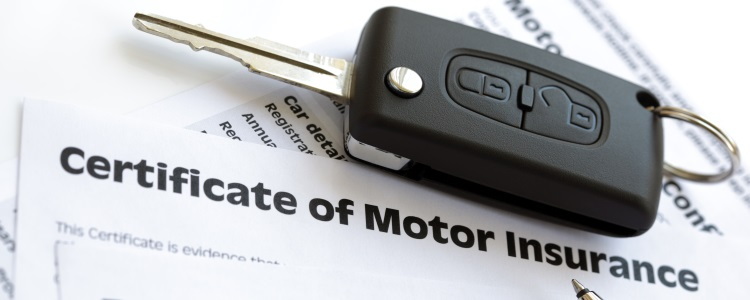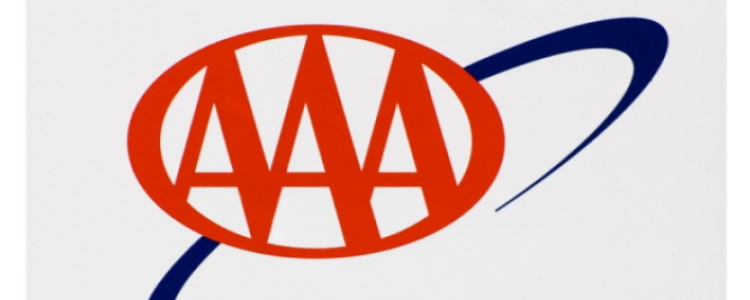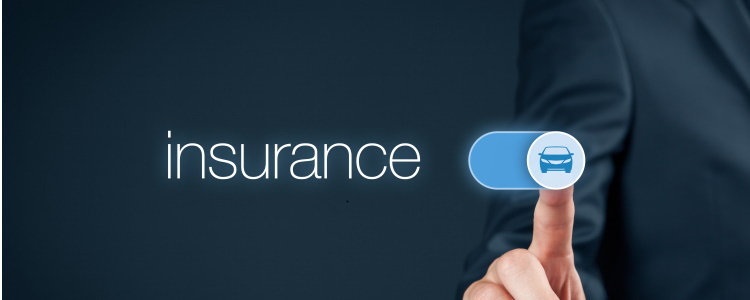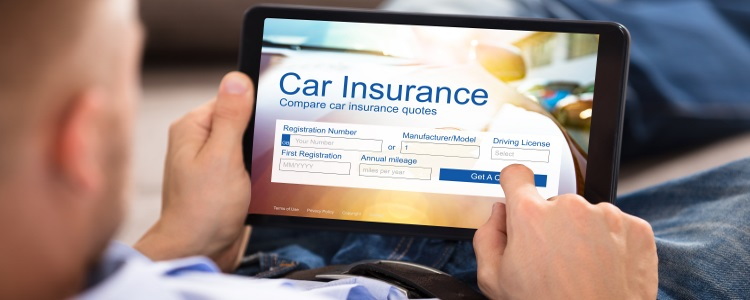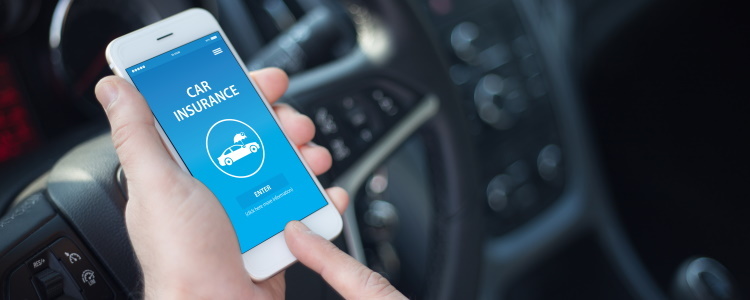Buying a car can be confusing enough, but then there's the whole issue of insurance to navigate. There are many options to choose from, but which ones are truly necessary? Which types can you skip? Just a little research will ensure that you don't pay too much for what you don't really need.
Auto Coverage Possibilities

Most states require you to have at least some kind of vehicle insurance in order to drive, but you are most certainly not limited to just one type. Depending on your needs and comfort level, you can choose to carry at least 7 different kinds of auto insurance. Be sure to compare insurance rates as well to find one that works for you.
- Liability Insurance: With this coverage, if you're in a car accident that is determined to be your fault, any costs (up to a point) associated with repairing any property that is damaged in the crash will be paid. Exactly how much will be paid is determined by your level of coverage, so it is wise to go beyond the minimum requirement and purchase as much coverage as you can realistically afford.
- Collision Insurance: There are three types of collision insurance, limited, standard and broad form, and each level of coverage is priced to reflect how much the insurer will pay in the event of a collision (depending on who is at fault). If your car is too old, collision insurance may not be worth the cost, especially if you have enough in your savings to replace the vehicle if a crash occurs. And keep in mind that, with a new car, collision insurance will only cover what the car was worth before the crash, and this may not equal the amount that you still owe on the loan.
- Comprehensive Insurance: Involvement in an auto collision isn't the only way that your car can incur damage. And this is where comprehensive insurance can be helpful. If your vehicle is harmed by the weather, is stolen or is damaged by an animal, necessary repairs will be covered by comprehensive insurance. Typically, this type of insurance is pricey, so it may not be worth the expense if your car is an older model with substantial mileage.
- Uninsured Motorist Protection: If you are hit by a person who has no insurance, very limited liability coverage, and no money to cover the obligatory expenses out of pocket, uninsured motorist protection will prevent you from having to be stuck with bills from an accident that isn't your fault.
- Medical/Personal –Injury Protection: This kind of insurance covers all of your medical expenses that are generated from an auto accident. And while these kinds of bills can be expensive, and there is definite potential for this type of coverage to be useful, if you have a good health insurance plan already, you can afford to safely skip medical/personal injury protection.
- No-Fault Insurance: This option covers injuries and property damage, no matter who is responsible for the accident, and is available in 12 states, and in some states (such as Michigan), it is required. These policies vary in price, so before deciding on this type of coverage, you should see if another type of insurance will cost you less and potentially cover more (unless, of course, you live in a state where no-fault insurance is mandatory).
- Gap Insurance: This type of insurance covers the difference between the value of a car and what you still owe on it in the event that the vehicle is totaled in a collision. If you have purchased either a brand new car or a certified pre-owned luxury car, you may want to seriously consider getting this coverage. Just remember that you will probably get a better deal on a gap insurance policy if you don't purchase it from a dealer.
Finding the Right Financing
Before you consider insurance options, make sure that you get the best auto loan possible for your needs and budget. Auto Credit Express can help you to acquire the necessary financing regardless of what your credit looks like, and our approval process is simple.
Just fill out our fast and secure online application to get started today.


